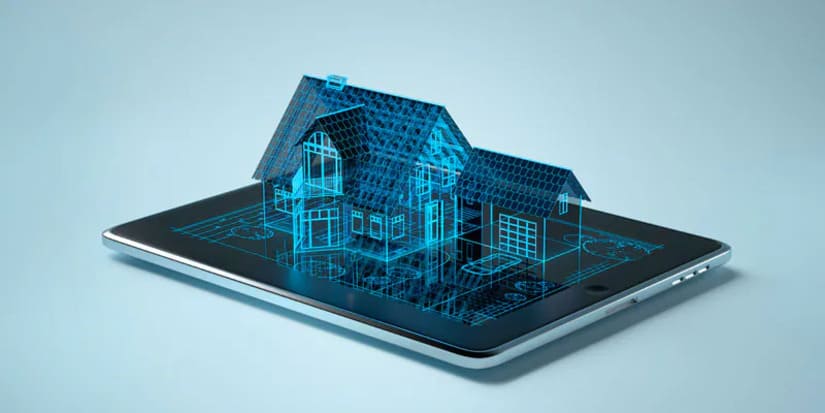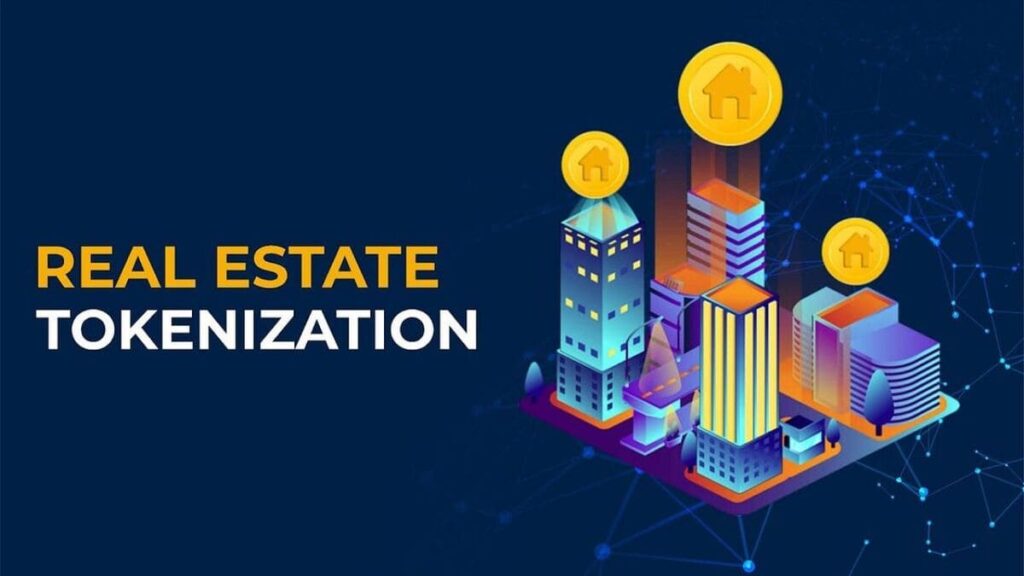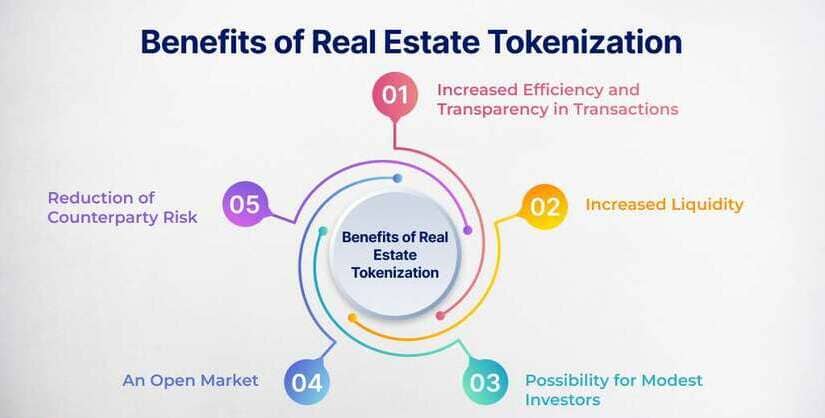TL;DR
- Real estate tokenization uses blockchain technology to represent assets in fractions accessible to multiple investors, democratizing market access and increasing liquidity.
- According to estimates from the Boston Consulting Group, the real estate tokenization market could reach $16 trillion by 2030.
- The transparency and security inherent in blockchain allow for the elimination of costly intermediaries and ensure incorruptible records.
The real estate market continues to modernize and adapt to current times. The tokenization has emerged as a powerful tool based on blockchain technology, designed to revolutionize traditional markets. It’s a transformative tool that will fundamentally change how real estate properties are invested in, bought, and sold worldwide.
Real estate tokenization digitally represents these assets on a blockchain, dividing them into smaller fractions that can be acquired by multiple investors. It’s an innovative approach that democratizes access to this market, thereby increasing liquidity and facilitating trading on digital platforms.
Estimates from the Boston Consulting Group indicate that the real estate tokenization market, valued at $2.7 billion in 2022, could grow to $16 trillion by 2030. This exponential growth is driven by increasing confidence in the advantages offered by blockchain technology to transform diverse markets worldwide.
Benefits of Real Estate Tokenization
One of the main benefits is its ability to reduce barriers to market entry. A sector previously restricted to large investors and financial entities is now open to individual investors who can participate in high-value asset ownership through small fractional investments. It diversifies investment opportunities and accelerates asset liquidation, providing new dynamics to the market.
Moreover, transparency and security are fundamental pillars of tokenization, built upon the immutable nature of blockchain. All transactions, from token acquisition to property transfer, are recorded transparently and accessible to all participants. This eliminates costly intermediaries like agents and banks from the process, enhancing confidence in the process and business by ensuring records are incorruptible and verifiable.
Challenges Ahead
However, real estate tokenization faces several challenges, particularly in regulatory matters. The lack of clear and uniform regulations globally creates uncertainty for both investors and token issuers, hindering the adoption of this tool.
Another key point is protection. While smart contracts automate and streamline processes, they also pose technical risks that require audits and rigorous maintenance to prevent vulnerabilities and errors.

The Future and Key Players
Beyond the challenges, the real estate tokenization market continues to grow and attract more attention from investors and technology developers every day. Successful projects in commercial and residential tokenized developments have demonstrated their transformative potential. Companies like SoluLab are offering specialized solutions to address specific challenges in developing and implementing real estate tokenization platforms.
Real estate tokenization represents the face of technological evolution in the real estate market. As blockchain technology continues to advance and solutions are found for regulatory and technical challenges, we will witness the revolution of a market that moves from the hands of an exclusive group to reach more modest investors.











